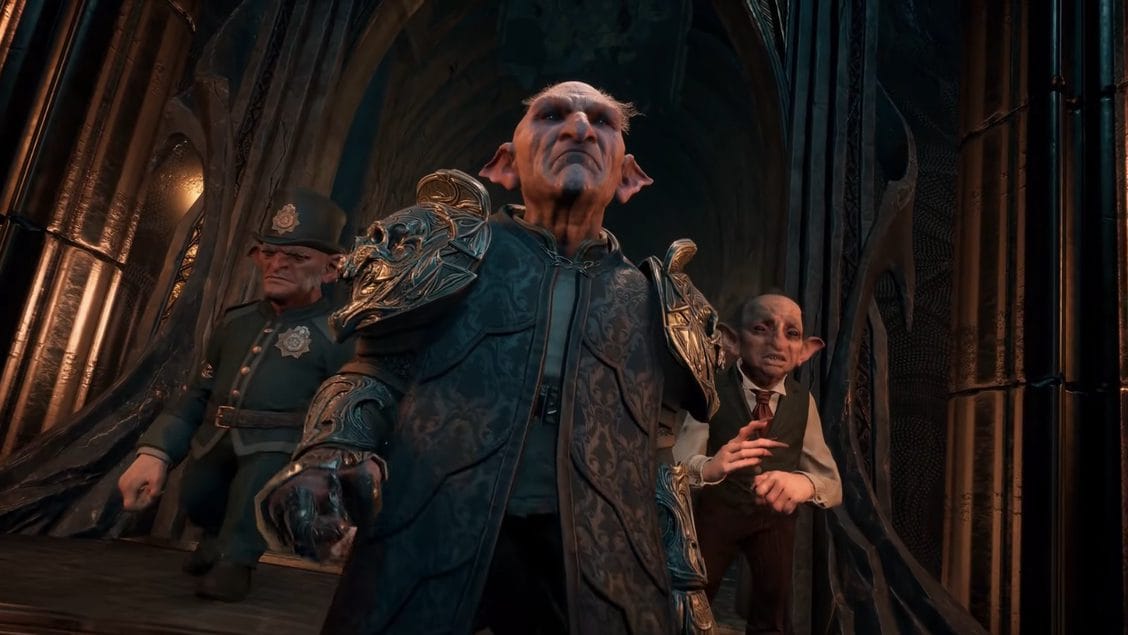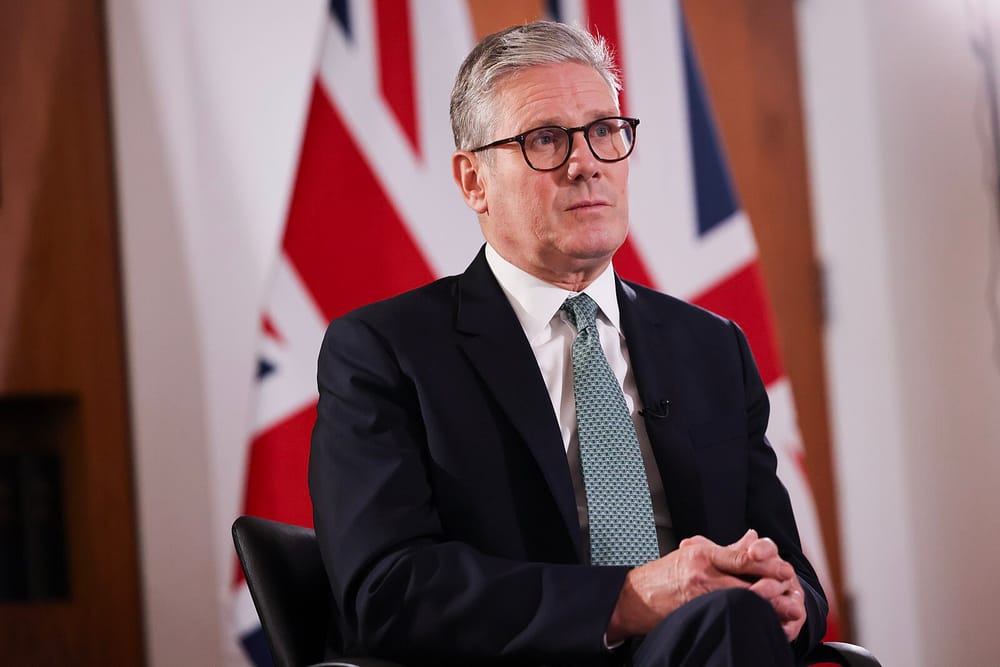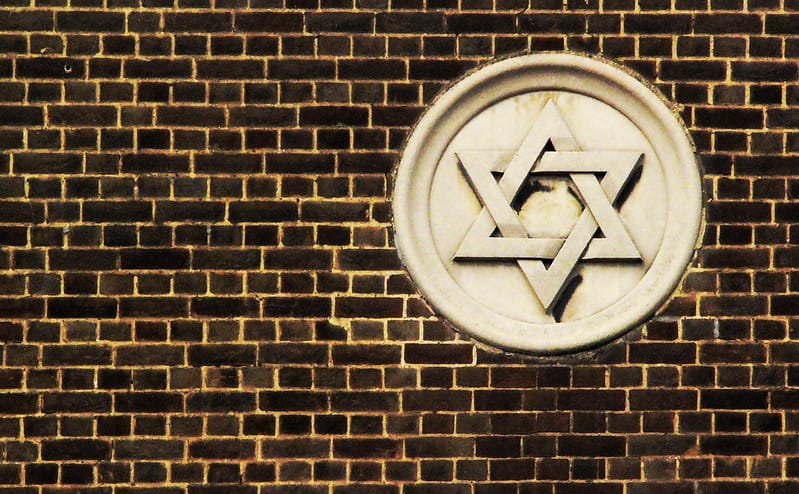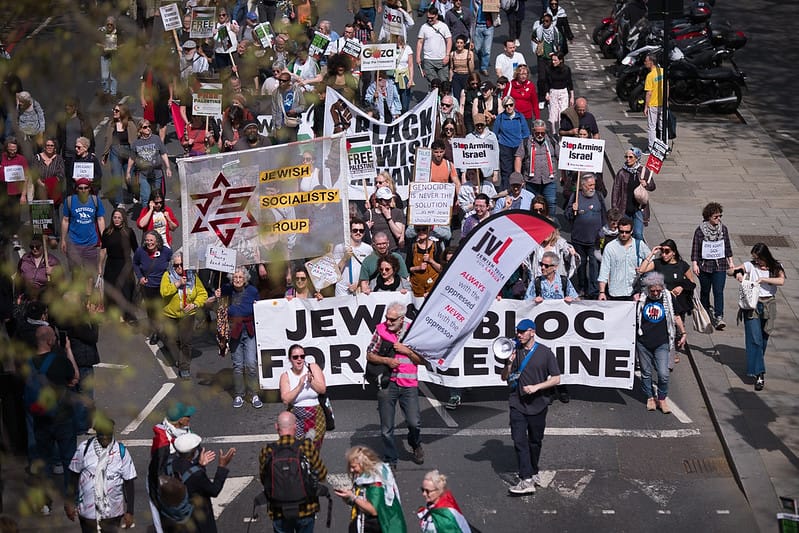
The release earlier this month of Hogwarts Legacy, the new video game set in the Harry Potter universe, has generated a flurry of online debate regarding the ethics of buying a game based on the work of a bigot who very explicitly regards her royalty cheques as an endorsement of her views. Naturally, most of this discourse has related to JK Rowling’s very public and very frequent displays of transphobia in recent years. But on top of this, the new game reinforces – and even intensifies – the anti-semitic tropes for which the books and films have long been lambasted.
When I was first asked by a non-Jewish work colleague, two years ago, whether I thought the Harry Potter franchise was anti-semitic due to the way it depicts goblins, I was initially unsure how to answer; given that traditional characterisations of goblins derive from European folklore, which is itself inherently anti-semitic, my doubts centred around whether or not Rowling’s choice was conscious. I concluded that she had likely just drawn on her cultural background, and to me, the goblins’ depiction seemed adjacent to anti-semitism rather than directly racist.
Jewish communal institutions agreed. The London-based Campaign Against Antisemitism, which is not known for its lenient stance on defining antisemitism, released a statement last year in response to remarks from Jon Stewart on his eponymous podcast in which he argued that the goblins were based on obvious Jewish caricatures:
"The portrayal of the goblins in the Harry Potter series is of a piece with their portrayal in Western literature as a whole,” the statement read. “It is the product of centuries of association of Jews with grotesque and malevolent creatures in folklore, as well as money and finance. The mythological associations have become so ingrained in the western mind that their provenance no longer registers with creators or consumers. Those who continue to use such representations are often not thinking of Jews at all but simply how readers or viewers will imagine goblins to look, which is a testament more to centuries of Christendom's antisemitism than it is to malice by contemporary artists.”
Much time has passed since the publication of the final Harry Potter book (2007) and the release of the last movie (2011), and there has been ample discussion about the anti-semitic imagery used to depict the goblins. What is truly remarkable about the Harry Potter franchise, then, is that, all these years later, and despite these criticisms, the hundreds of creators who have worked on the lore of the Wizarding World have continued to lean into these ideas across mediums and formats.
Putting the goblins in their place
By the time the screenplay for Fantastic Beasts and Where To Find Them was released in 2016, Rowling was no doubt aware of the pushback to the goblins, and, perhaps in response, chose to name one of her main characters Tina Goldstein (in much the same way, the developers have introduced a trans character in Hogwarts Legacy). Yet Goldstein doesn’t do anything recognisably Jewish throughout the whole franchise; in fact, Rowling has a long history of feigning diversity by including “ethnic” sounding characters with stereotypical or downright racist names and then abandoning this characterisation entirely.
And all the while, there are plenty of Jewish stereotypes reserved for the definitely-not-Jewish goblins – and especially for the character Gnarlak. In the screenplay, Rowling described Gnarlak as “sly” and “interested in anything he can sell,” but also wrote that he was “like a Mafia boss” and didn’t include any specific physical description. The character we see on screen, though, thanks to director David Yates and (Jewish) actor Ron Perlman, is a hook-nosed goblin with a Brooklyn accent, who ends up betraying the protagonists in exchange for a financial reward.
Then, in 2019, Warner Bros. announced a major expansion to the London studio tour The Making of Harry Potter, with the addition of the Gringotts bank. Their advance publicity photos represented the goblin bankers like this:

In 2019!
That brings us to the Harry Potter universe’s latest offering, Hogwarts Legacy. As soon as the trailer was released, the game’s plot – which centres around a Goblin Rebellion that players must support or oppose – was criticised for its anti-semitic undertones. In Harry Potter lore, the Goblin Rebellions are intermittent uprisings against goblin repression by the rest of the Wizarding World. Indignities against the goblins include: “lack of goblin representation in [magical Parliament], attempts to enslave goblins as house-elves, stripping of wand privileges, wizard attempts to control Gringotts, or the brutal goblin slayings of Yardley Platt”. Sound familiar?
As many games do, Hogwarts Legacy gives you the freedom to choose light or dark. But the light side – supporting the crushing of the Goblin Rebellion and putting the Je–I mean the goblins in their place – is very morally dubious. Nonetheless, it is framed by the game as the right thing to do. After all, who would want to associate with a group that seeks to kidnap and harm our children, which the Je–I mean the goblins are into for reasons that are ill-defined but definitely evil?
Again, this was all discussed publicly while the game was under development. Now that it's out and people are playing, from the reports it is evident that the developers were aware of, and doubled down on, the anti-semitic underpinnings of Rowling's goblins. As two examples, they've added in a reference to blood libel, and equipped the goblins with war horns that look remarkably like shofars. Presumably this series of very unfortunate coincidences could have been avoided by consulting with Jewish people, but that would involve admitting that the Harry Potter franchise has a problem with racist character tropes – a can of worms that they evidently preferred not to open.
It is true that people can enjoy a game for its gameplay and graphics. But that does not alter the harm that material depicting society’s stereotypes about minorities can do in the real world. Individuals have the right to decide whether or not to play Hogwarts Legacy, just as we have the duty to hold both creators and consumers accountable for the media they produce and consume. And in thirty years' time, I have no doubt, the anti-semitic legacy of JK Rowling's goblins will be something our children will find indefensible.▼
Sarah McCulloch is a therapist based in London, a lifelong fanfic reader, and a member of New Stoke Newington Shul.
Author
Sarah McCulloch is a therapist based in London, a lifelong fanfic reader, and a member of New Stoke Newington Shul.
Sign up for The Pickle and New, From Vashti.
Stay up to date with Vashti.



